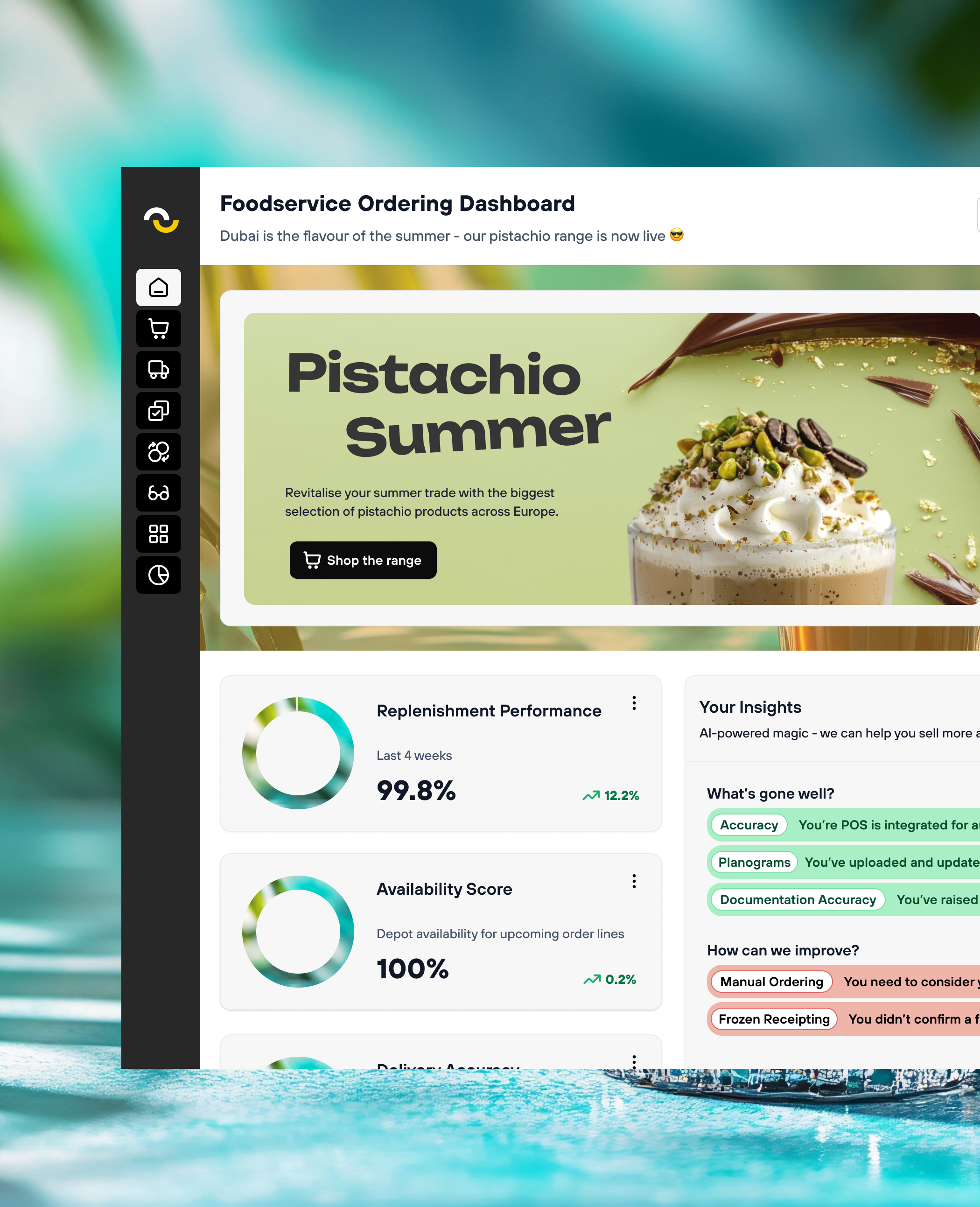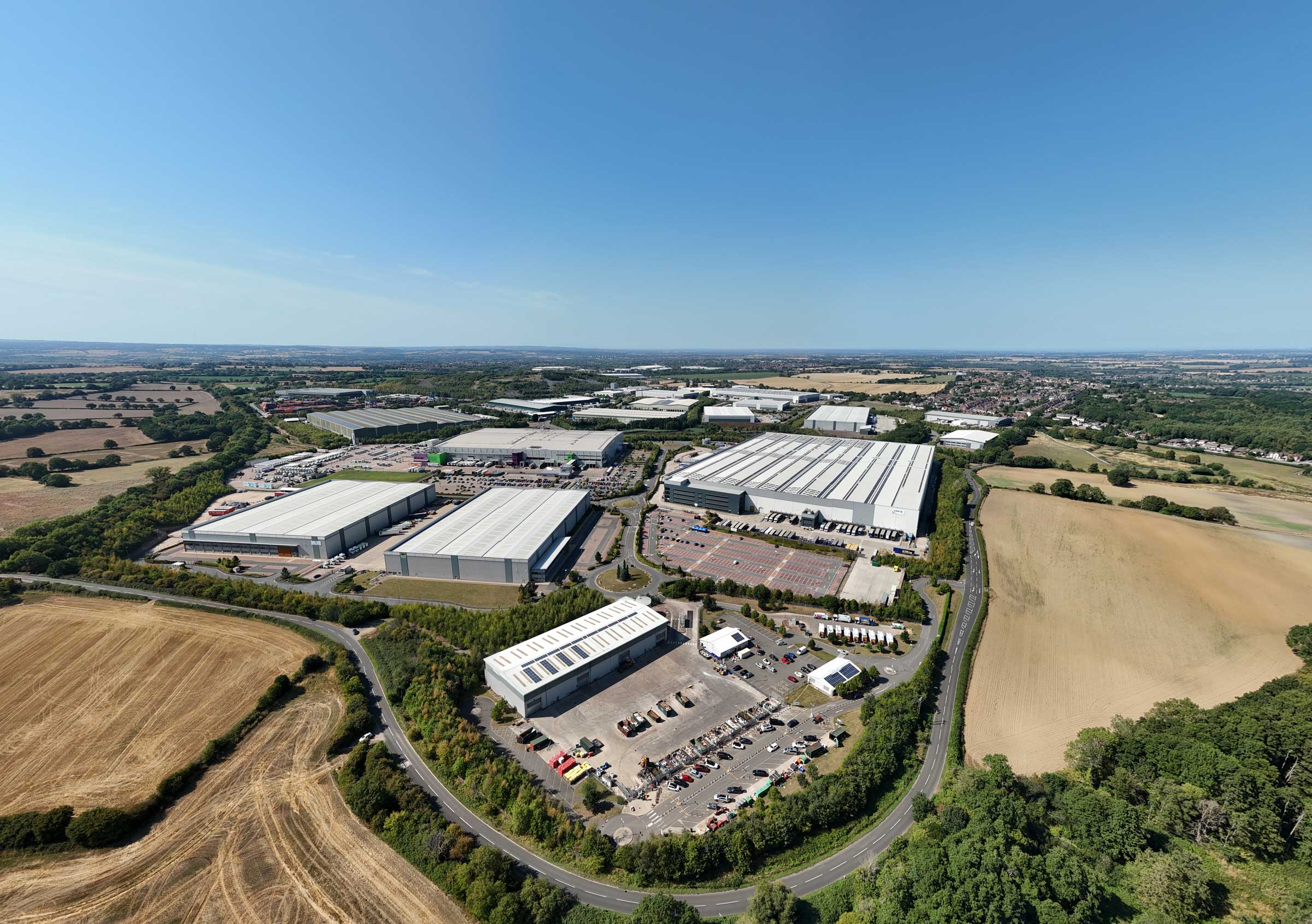Demand for ethical initiatives in the supply chain is growing. We look at where suppliers in critical areas of the QSR supply chain are making an impact. It’s no secret that businesses and the public are increasingly focused on sustainability. In one report, Barclays found that UK retailers will be donating 11.4% of their revenue to green initiatives over the next five years. Ethical actions help companies to build brand equity and attract new customers across industries. We look at how several QSR suppliers are committing to a sustainable future.

Built to last
You rarely have a say in decisions your property management company makes. So, it’s a bonus when it turns out it shares your values. Landsec, for example, is committed to net-zero carbon emissions by:
- Reducing operational energy to support carbon reduction
- Investing in renewable energy through contracts backed by REGO (Renewable Energy Guarantees of Origin Scheme)
- Using internal shadow pricing for carbon to inform investment decisions
- Using responsible sourcing for construction suppliers
- Investing in external carbon reduction projects.
Responsible farming
Dairy giant Arla has committed to creating the world’s largest climate database as part of its drive to reach net-zero by 2050. It has pledged to compile data about the farmers’ herds, milk production, fuel usage, and more. Even in the current phase of development, Arla is producing milk with less than half of the global average emissions.

A to B
By using our promotional forecasting tool, you can play your part by optimising transportation efficiencies. The tool helps to ensure the most efficient routes and drops are used, with optimal loading of delivery trucks.
You can also ramp up your efforts by working with a supplier that’s committed to reducing emissions. Transport and logistics company Kuehne + Nagel has invested in initiatives by Global Maritime Forum, UN Global Compact and Ocean Conservancy, among others. Its three-pronged approach to carbon neutrality includes:
- Adopting a green supply chain
- Raising awareness in the internal team to ensure they make informed decisions
- Investing in nature-based projects to offset any remaining carbon footprint.
Affordable efficiencies
Energy provider Orsted has different energy options for both domestic and business supply, with two choices of gas supply for different commercial budgets. It supplies Biogas, which is entirely traceable and has near-zero-emissions, and carbon-neutral gas, which is a lower-cost option based on carbon offsetting through Gold Standard or Verified Carbon Standard-accredited projects worldwide.
Orsted also invests in technology, ranging from smart meters to offshore wind farms, to develop the cleanest power it can.

All in a good day’s work
When we talk about environmental issues, we tend to forget people, but they also need to be considered as a sustainable part of the supply chain. That’s why wholesaler Metro complies with International Labour Organization (ILO) standards, as well as other supply chain policies. The ILO monitors and develops robust labour laws all over the world. There are also many other organisations and policies around anti-slavery and workers’ rights, such as the United Nations Global Compact and BSR (Business for Social Responsibility).
Awareness in crucial areas such as these can help build new relationships with different audiences. Being on the front foot may also lead to financial benefits in the future. But most importantly, the more our industry can adopt these practices and push our suppliers to do the same, the more effective we can be in influencing responsibility.
To find out how we can help you to reduce waste and boost efficiencies in your supply chain, please get in touch.










.svg)

.svg)
.svg)